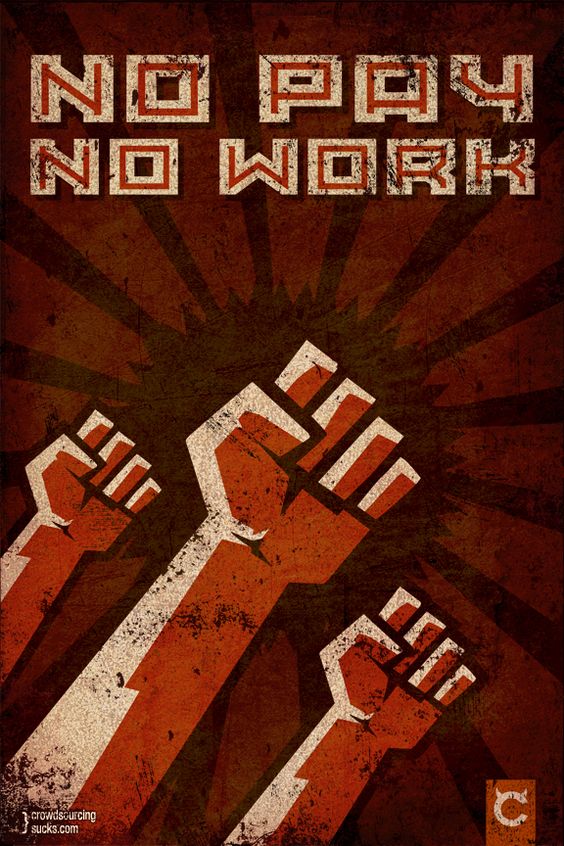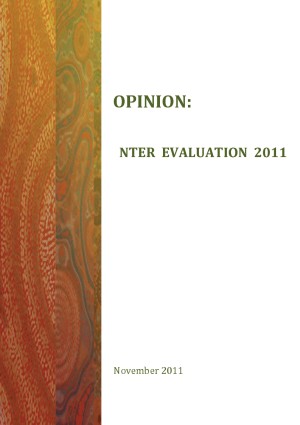
There may be no more hurtful a way to insult a consultant than telling her:
We will pay for your work with exposure and referrals.
Wait a moment while I pick up myself from the gutter that our landlord kicked us into when I told her we will pay our commercial lease with “exposure and referrals.” How could she not get the value of my telling everyone how fabulous she is and how her buildings are gorgeous and her service is second to none? That’s worth something, man!
Hang on a second … I am just dealing with my kids’ school. Apparently, they don’t accept “I will give you a five-star review on SchoolAdvisor” as currency on school fees. I have to go get my kids and figure out how we can home school now.
Damn, I forgot … My car was repossessed because my leasing company doesn’t value my photos on Instagram nearly as much as I do. What is wrong with people these days? They need to get with the program. My photos are terrific! I have half-a-million followers, for goodness sake.
I look around and wonder, “did anyone else get a high distinction in the ‘work for love’ unit at university?” You know, the one where you turn up to the lecture hall and sit for three hours a week for six months, staring at an empty podium, listening to everyone hypothesising about how much a professor gets paid to not show up. If you have a Master’s Degree as well as your Bachelor’s, you’ve probably had to do that course twice.
Enough with the sarcasm … Let’s get serious about this very important topic:
What are you worth?
I don’t mean in that woo woo, peace on earth for all womankind kind of way. I am asking a legitimate question: What is the value of you to you and you to another?
Many of my clients ask what they should charge for their services. They might calculate an arbitrary number that pays the bills, divide that by some number of working hours and then discount it when it comes to quoting for new business to ensure they “win the job.” In my experience, they seem to undervalue themselves. They measure their time as a segment of a week, or a month, or a year. This is not value. Best case scenario, this is cost.
Yes, cost is a valid indicator for pricing – if you are a cup of coffee. What if your output doesn’t fit in a neat little, ethical, re-usable container with a silicon lid?
What if you are a consultant?
I have created extensive worksheets that identify where time might go, with complex formulas for putting a dollar value on that time. I have also created powerful time auditing tools to compare where you think your time goes and where it does in reality. The analysis from both tools shocks the users. They confess having no idea “how this could happen.”
Valuing you to you seems measurable with a re-work of the pricing tool and acting on the recommendations of the time audit tool. It is a practical exercise that any consultant worth her salt could workshop you through. Valuing you to others is a tougher gig, especially when the ‘others’ want you to work for free.
Again, a great consultant could formula-ise your education and qualifications, your professional development and networks, your industry experience and reputation, etc. These are value-able. However, does any of this overcome how others value you?
With almost 25 years experience as a business consultant who has had many hundreds of clients from small, medium to large enterprises, across diverse industry sectors, let me share with you what happened to me a few days ago:
I was taken out to lunch by a long-time client, briefed on the latest expansion to his enterprises and asked to propose a solution that unites three of those enterprises and creates a need for their customers to spend across all three. It is a complex problem, but I can see several solutions. I am always generous with my thinking and shared some easy strategies for immediate action.
I headed back to the office and spent about six or eight hours drafting the proposal. In doing so, I looked back through several of our previous proposals to the client. There was a theme and it was shocking. As a business owner and experienced consultant, what kind of precedent had been set?
The early proposals didn’t propose, they solved. They were not ‘generous’ with their thinking; they were ego driven. They provided a comprehensive blueprint to the client – all the answers to the questions, handed over before the exam even started. You can guess what happened next.
The client handed over the documents, containing many hours of brainstorming, weeks of research and analysis, and the results of dozens of tested hypotheses, to people willing to execute them for free. To people who believed that ‘exposure and referrals’ would pay their bills. To people who were not professionals in their fields and who bastardised the strategies such that my company could never endorse it as our work.
How can we restore being valued by this client, if we were ever valued in the first place? After all, our ‘proposals’ screamed, ” we will work for free.” We didn’t appear to value ourselves. Why would they value us?
Today, I submitted a proposal on how we would find solutions for the client without giving away the answers before pay day. You know, a proposal that proposes a value-able business relationship. A business relationship that trades my years of professional development, incredible talent for ratiocination and experience in strategy formulation and execution – for the client’s money. This is a proposal that clearly states my value of me to me and calls for respect for the value of me to the client.
Watch this space … Will the client value (that is, pay for) my expertise or will he see if he can get some other consultant to work for free?









